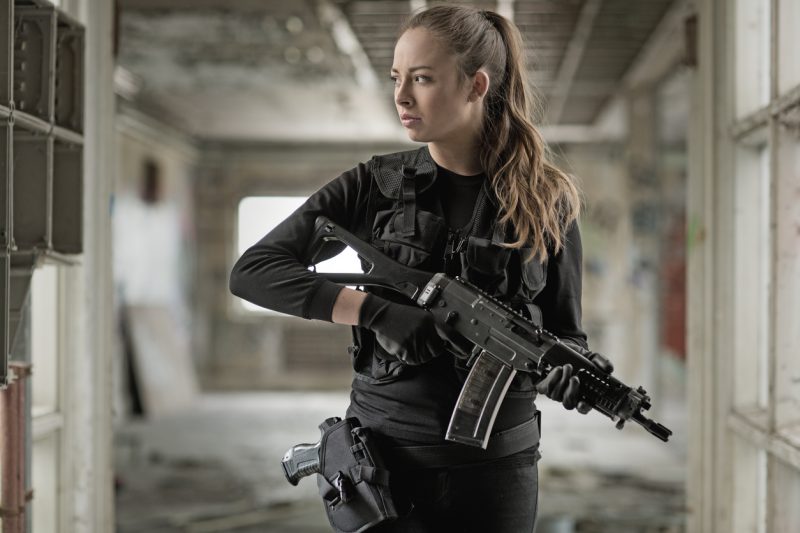Watching a movie as a military historian means you judge it on a number of levels. In addition to the usual concerns over plot and entertainment, the historian also notices the often numerous flaws in equipment, tactics, and strategy.
There are several items that seem to occur most often, and can add another dimension to your analysis of war scenes in movies.
Command and Control
I’ve lost track of the number of times I’ve seen a king in a movie raise his sword and shout, and then the whole army somehow knows exactly what to do. In Prince Caspian this must have happened at least three times.
Usually, the various units on the battlefield aren’t within hearing distance of each other, which requires communication that is strongly visual like flags, or louder than the human voice like gongs, drums, and trumpets. A single figure raising his sword is a nice Hollywood convention, but not accurate.
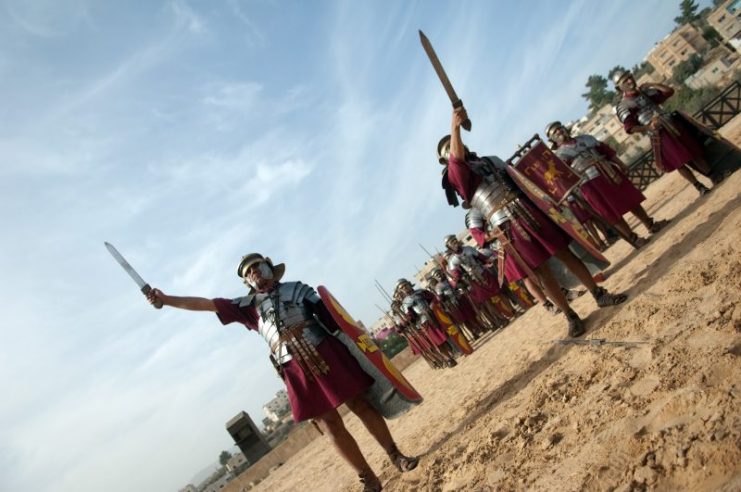
Something more realistic would be King Theoden in The Return of the King, riding in front of his soldiers giving a speech. He started by giving battle instructions to his segment commanders. Then parallelism like “spears shall be shaken, shields shall be splintered” made it so that each part of the army would hear essentially the same message, even though each part could only hear bits and pieces of the speech.
Even better is Braveheart’s use of banners and various sergeants-at-arms repeating commands, Ben Hur’s use of drums to signal the rowing speed, and the music of Braveheart suggesting the use of drums.
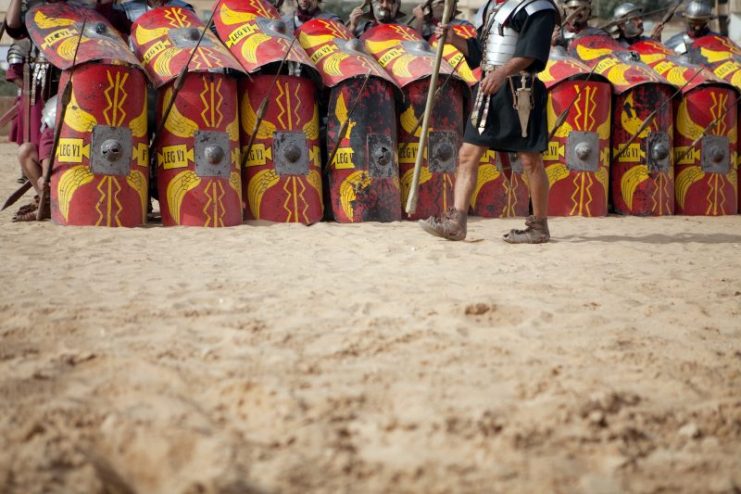
Hand Signals
Everybody wants to look cool by using hand signals, but they are often unnecessary.
They are needed in particular for silent operations. When a SWAT or similar type of team can’t let their presence be known to the enemy, they use hand signals. Obviously, this only works in the daytime when you can actually see the hand signals.
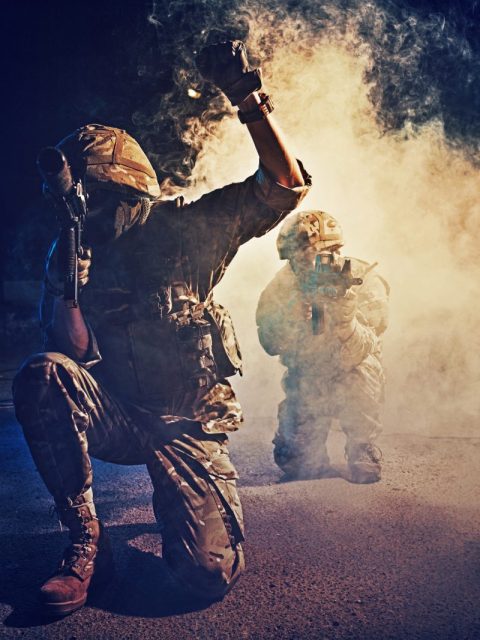
A major exception is the cease fire signal. Since gunfire is so loud, commanders need a nonverbal signal to stop shooting, but this is often on top of the verbal command and doesn’t replace it.
In writing the book on military ridiculousness in movies, The Rock failed to have an experienced general use the appropriate hand signals. Despite being a highly trained military unit, not only did they not cease fire but they also never looked at their leader.
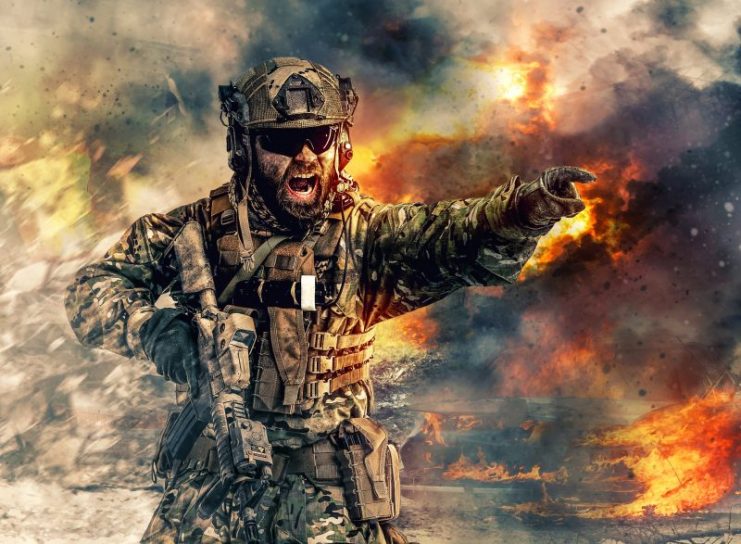
In the movie Sucker Punch, the super elite squad of pony tailed starlets used hand signals. The only problem was they were on a World War I battlefield complete with automatic gun fire, bombs, the screams of the dying, and more noise than a dozen dumb blockbusters.
The need for stealth was long gone but they still used a hand signal to stop outside of a key bunker even though they could clearly see the person in front of them stopping. This was obviously a way to look militaristic without thinking any of it through.
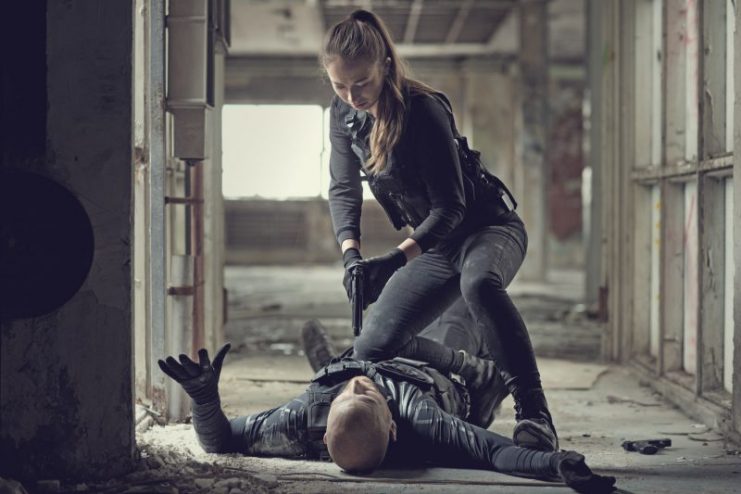
Conversely, in The Walking Dead hand signals were omitted. In one scene, the group is alone and entering a building. They were in front of giant windows and needed to be quiet. Instead of using a hand signal, which would have been the appropriate move for that operation, they did some sort of weird bird call.
Not Guarding Home Base
In everything from The Avengers to Transformers 3, a mystical portal opens up through which an entire invading army will conquer the planet. When an army has a supply lane that consists of a small gateway on top of a building, the first thing a competent military would do is secure it.
They would set up a secure perimeter, leave guards, and vigorously challenge anybody that came near it. Then they would gradually expand outward block by block, making sure that no one could infiltrate their perimeter–and definitely not get near the one small gate they need to conquer the planet.
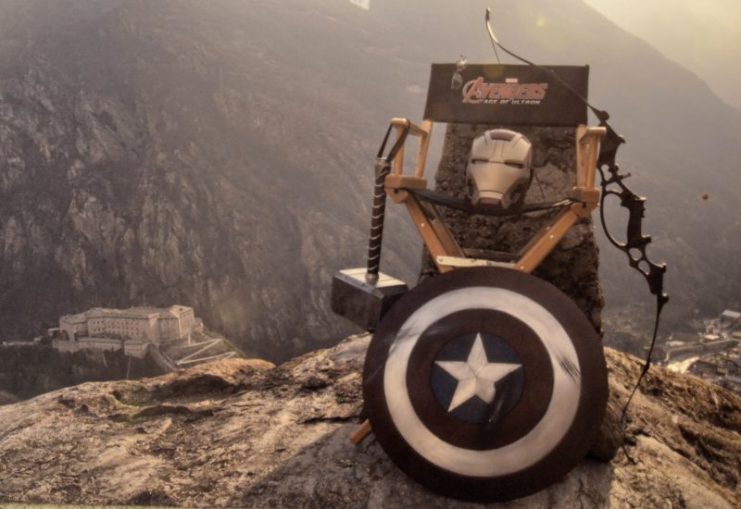
But in these movies the gate, upon which the fate of the entire planet and galactic invasion depends, is left unguarded. The alien armies fly and jump around destroying the city without ever securing it.

Our intrepid heroes always manage to reach the unguarded gate, shut it down at the last second, and save the planet. Aliens with a giant military that can conquer the whole planet should have at least one military leader that understands basic security.
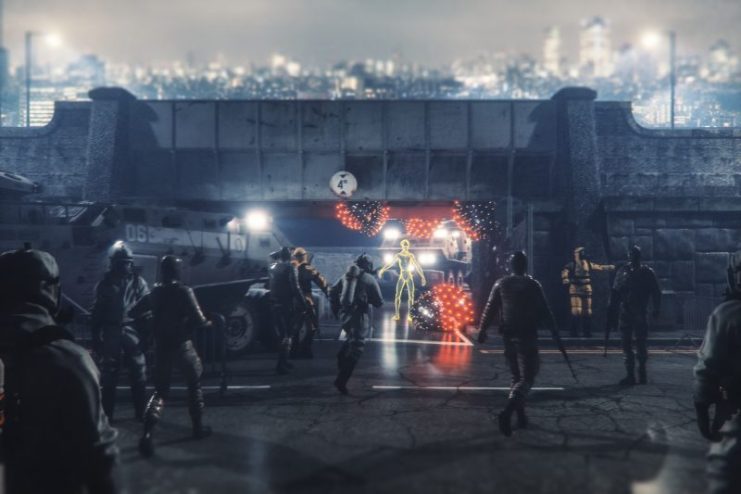
The lack of command and control, improper hand signals, and an unguarded gate are three of the tropes Hollywood uses because it looks good and dramatic in a movie, but they really are just lazy writing.
Read another story from us: 11 Ridiculous Mistakes Made in War Movies
The saddest part is that even the smallest military encounter is often a matter of life and death, and real life battles are an epic contest of skill, heroism, and will that don’t need lazy Hollywood stereotypes to be interesting to audiences–just knowledgeable writers and skillful story tellers.
